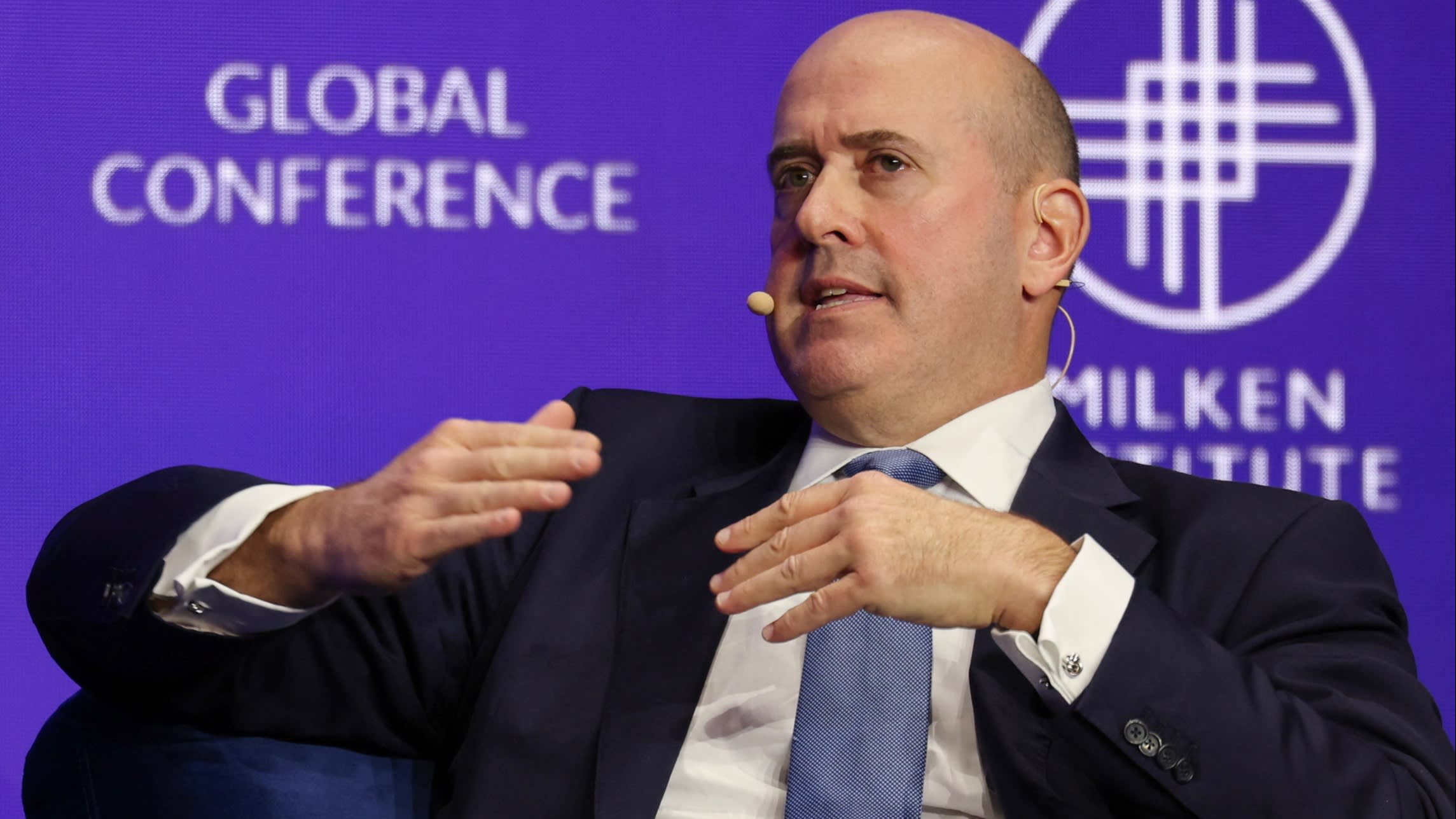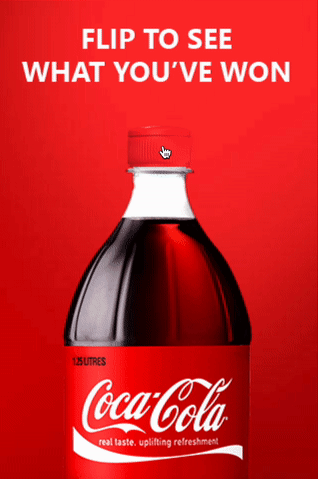
Unlock the Editor’s Digest for free
Roula Khalaf, Editor of the FT, selects her favourite stories in this weekly newsletter.
Carlyle pulled in $13.4bn of new commitments in the second quarter, as its credit and second-hand private equity stake funds helped the investment group eclipse Wall Street expectations.
The New York- and Washington-headquartered firm said its assets under management rose to $465bn. That pace of inflows slowed marginally from the first quarter, but comfortably exceeded forecasts of $10.5bn, according to analysts surveyed by Visible Alpha.
The group’s quarterly fee-based earnings also surpassed expectations, rising 18 per cent from a year before to $323mn. The improvement was driven by higher management fees across its credit and secondary stakes businesses, with the latter unit — known as AlpInvest — reporting a more than 50 per cent jump in revenues from last year.
The results add to growing evidence that Carlyle’s business is finding its footing in the aftermath of a power struggle that led to the departure of former chief Kewsong Lee in 2022.
Chief executive Harvey Schwartz, who joined the company in 2023 after a long tenure at Goldman Sachs, said the results underscored “the momentum” the firm was building.
“We’re delivering record financial results, investing with conviction, and returning significant capital to our investors at a pace and scale that sets Carlyle apart in today’s market,” Schwartz said.
Fees generated by the firm’s global private equity business slipped less than 1 per cent. Carlyle’s success in exiting several large investments bolstered the unit’s so-called distributable earnings, a measure of the profits that can be returned to shareholders. Those earnings increased by more than 16 per cent to $232mn.
The division generated $5.1bn of proceeds in the quarter as it sold off and exited investments, including stakes in aviation group StandardAero and aerospace parts maker Forgital.
Those transactions helped lift total realisations from its private equity, real estate and infrastructure funds over the past year to $21bn.
While Carlyle’s shares still lag behind rivals including Blackstone and Apollo Global Management over the past five years, its stock performance has rebounded in the past 12 months as investors and analysts have become increasingly optimistic about the company’s outlook.
More than half of the analysts who rate Carlyle shares now recommend the stock as a buy: the highest proportion since late-2023, according to data from FactSet. The group’s shares have returned more than 50 per cent over the past year, ahead of the S&P 500’s 23 per cent gain and above peers such as KKR.



